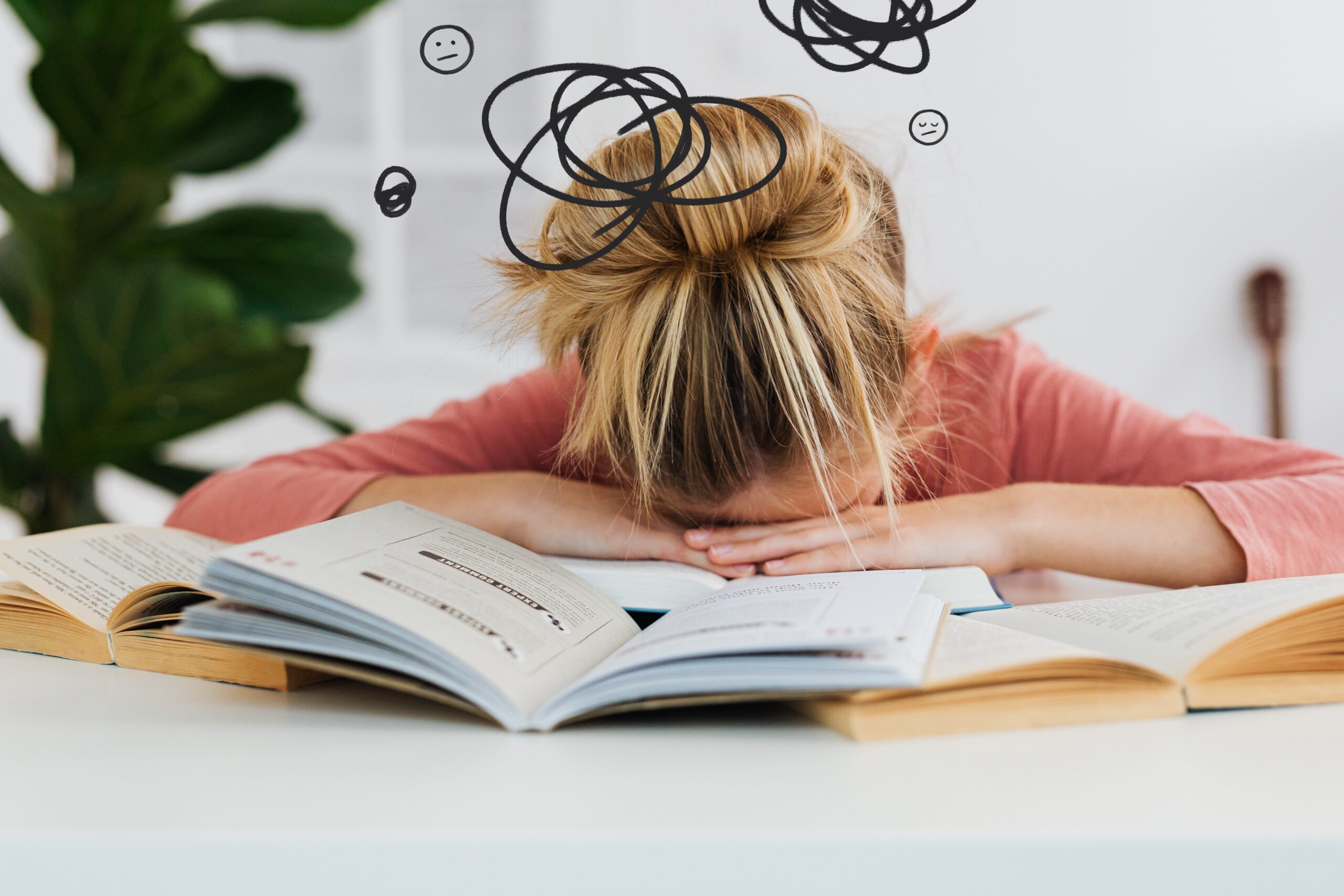
Is it better to Sleep a Little or not at all
Sleep is one of the most crucial components of a healthy lifestyle. It is a bodily function that allows us to recharge and rejuvenate ourselves, both mentally and physically. However, in today’s fast-paced world, sleep deprivation has become a common problem for many individuals. People often sacrifice their sleep to meet work deadlines or to enjoy a little extra leisure time. But the question remains, is it better to sleep little or not at all? While it may seem like a tough choice to make, it is essential to understand the impact of both scenarios on our bodies and minds.
In this blog post, we delve into the science behind sleep deprivation and explore whether sleeping little or not at all is better. We will examine the short-term and long-term effects of sleep deprivation on our cognitive abilities, physical health, and mental well being.
Sleep deprivation has harmful effects
Not getting enough sleep can have harmful effects on your body and mind. Sleep deprivation is a condition that occurs when an individual fails to get enough sleep. It can be caused by a variety of factors, including stress, anxiety, work, and lifestyle. The effects of sleep deprivation can be short-term or long-term, and they range from mild to severe. One of the most harmful effects of sleep deprivation is that it can impair cognitive function, memory, and decision-making abilities. Lack of sleep can also cause mood swings, irritability, and decreased motivation. Furthermore, sleep deprivation can weaken the immune system, making people more susceptible to illness and disease. In summary, sleep deprivation can have a range of harmful effects on health and well-being, making it important to prioritize getting enough quality sleep each night.
Short naps are beneficial
Many people believe that getting no sleep at all is more productive than sleeping for a short amount of time. However, research shows that short naps can actually be quite beneficial. Napping for 20-30 minutes has been shown to improve alertness, cognitive function, and mood. It can also help reduce stress and fatigue. Additionally, short naps have been linked to improved memory consolidation, which can aid in learning and keeping new information. It is important to note that napping for longer than 30 minutes can lead to sleep inertia, which is the feeling of grogginess and disorientation upon waking up. Therefore, it is best to limit naps to 20-30 minutes to reap their benefits without experiencing any negative effects.

Quality sleep is essential
Quality sleep is essential for our overall health and well-being. While it is often believed that sleeping less is better than not sleeping at all, this couldn’t be further from the truth. In fact, regularly depriving yourself of sleep can have negative effects on your physical and mental health. Lack of sleep can lead to a weakened immune system, increased risk of heart disease, diabetes, and obesity, as well as cognitive impairment, mood swings, and memory problems. Therefore, it is important to prioritize quality sleep and get the recommended 7-8 hours of sleep per night, as this will lead to a healthier and happier life. Some tips to improve sleep quality include establishing a bedtime routine, avoiding electronic devices before bedtime, sleeping in a cool and dark environment, and limiting caffeine and alcohol intake. By prioritizing and improving the quality of your sleep, you can reap the benefits of improved physical and mental health.
In conclusion, it is clear that both sleep deprivation or getting too little sleep have detrimental effects on our health and well-being. While it may be tempting to sacrifice sleep in order to get more done, the long-term consequences are not worth it. It is important to prioritize getting enough sleep each night to ensure that our bodies and minds can function at their best. By making sleep a priority, we can improve our overall quality of life and avoid the negative consequences of sleep deprivation.

